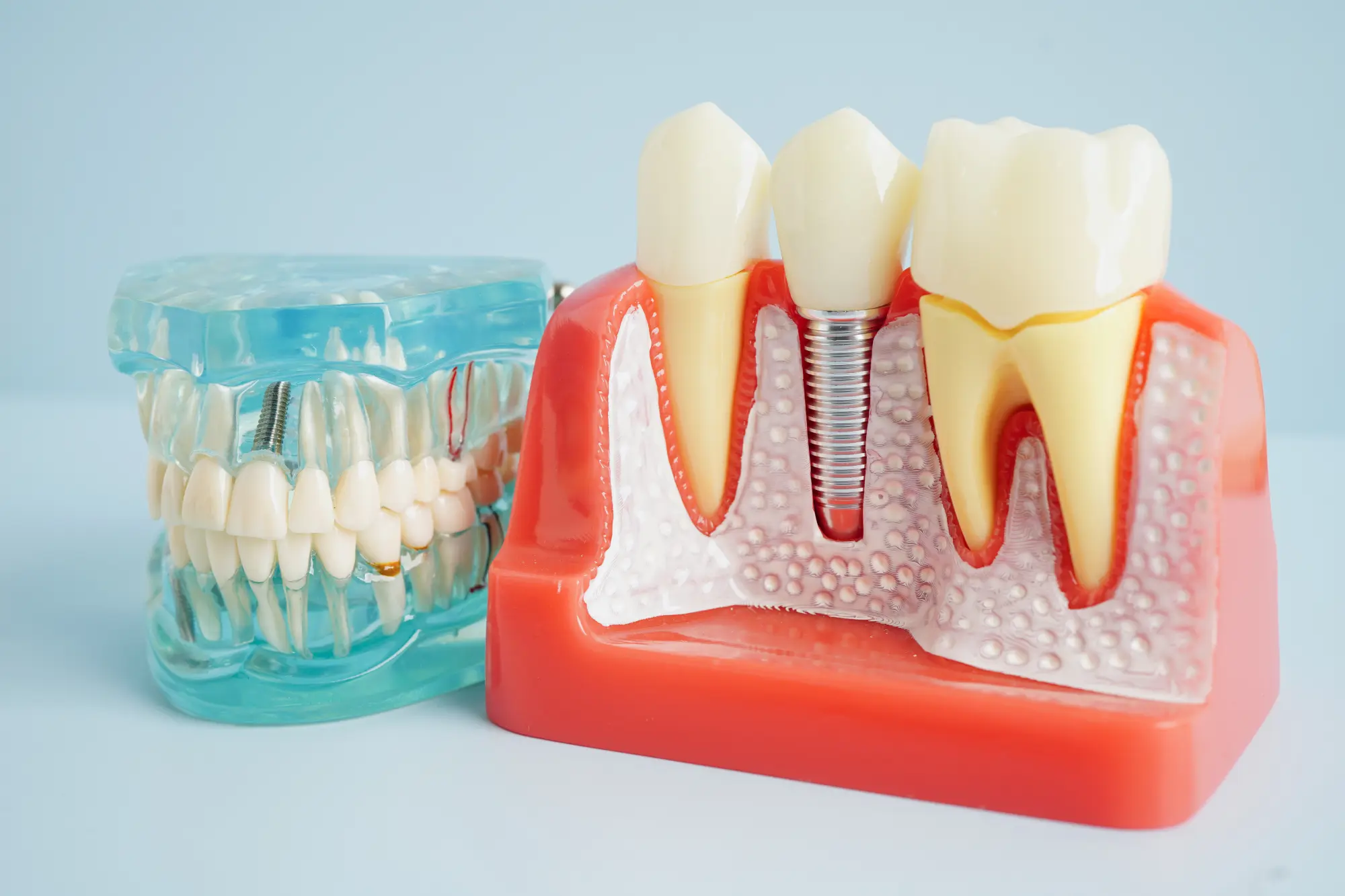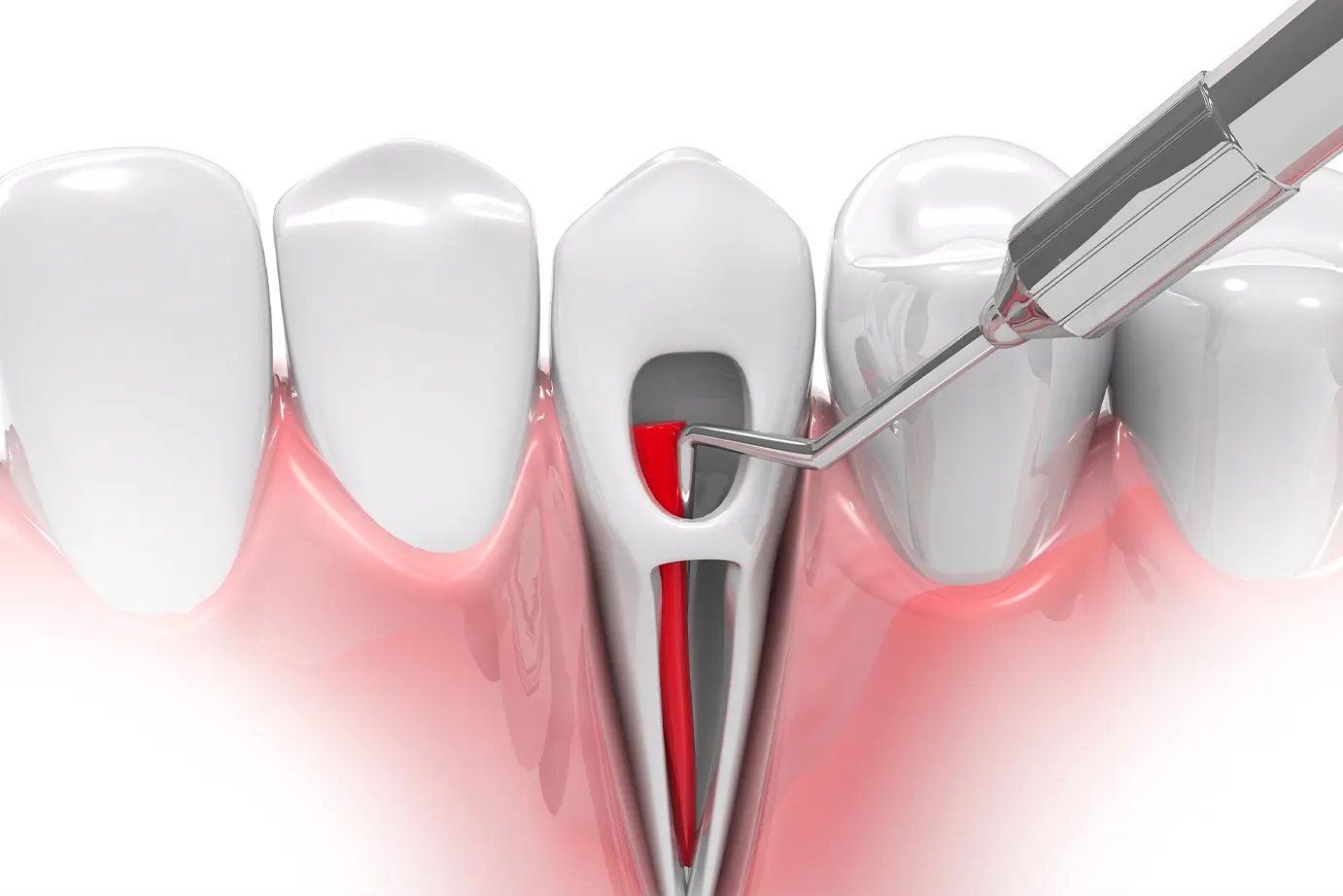
How Long Does Teeth Sensitivity Last After Whitening?
Teeth whitening is a popular cosmetic procedure that promises a brighter, more confident smile. However, one common side effect that many experience is teeth sensitivity. This can range from a mild discomfort to a more pronounced pain, often triggered by hot or cold foods and beverages. Understanding how long this sensitivity lasts can help you better prepare and manage your expectations after a whitening treatment.
Understanding Teeth Sensitivity
Teeth sensitivity is a result of the whitening agents penetrating the enamel and reaching the dentin layer, which houses the nerve endings. While this is a normal reaction, the duration and intensity of sensitivity can vary based on several factors:
- Type of Whitening Treatment: In-office whitening treatments tend to cause more sensitivity compared to professional take-home kits and over-the-counter products due to higher concentrations of whitening agents.
- Individual Sensitivity: People with naturally sensitive teeth may experience heightened sensitivity.
- Frequency of Treatment: Frequent and prolonged whitening sessions can increase the chances of teeth sensitivity.
How Long Does Sensitivity Last?
The duration of teeth sensitivity post-whitening can differ from person to person. Generally, it lasts for a few days to a week. However, in some cases, it can persist for up to two weeks. Here are some typical timelines:
- Immediate Sensitivity: This occurs right after the treatment and usually subsides within a few hours.
- Short-term Sensitivity: Most people experience sensitivity for 24 to 48 hours after the procedure.
- Extended Sensitivity: For those with more sensitive teeth, it can last up to a week or two after teeth whitening.
Managing Teeth Sensitivity
While sensitivity is often unavoidable, there are several ways to manage and reduce discomfort:
- Use Desensitizing Toothpaste: These products are formulated to block pain signals from the tooth surface to the nerve.
- Avoid Trigger Foods: Steer clear of hot, cold, or acidic foods and drinks that can exacerbate sensitivity.
- Use a Soft-Bristled Toothbrush: This can help minimize irritation to the gums and sensitive areas of the teeth.
- Consult Your Dentist: If sensitivity persists, your dentist can recommend additional treatments or products to alleviate discomfort.
When to Consult a Dentist For Sensitivity
If you have sensitive teeth, it’s a good idea to tell your dentist before you begin whitening your teeth. They can adjust your treatment to reduce sensitivity and make sure you stay comfortable throughout the whitening process.
If your teeth sensitivity continues beyond two weeks after your whitening treatment or is severely affecting your daily life, it is important to seek professional advice. Persistent sensitivity could be a sign of underlying dental issues that need attention. A dentist can provide tailored solutions such as fluoride treatments to help restore your teeth and reduce sensitivity.
Experience a Brighter Smile with Urban Smiles in Mountain View, CA
At Urban Smiles, Dr. Ethel Rios and our dedicated team are committed to providing you with a comfortable and effective teeth whitening experience. If you're experiencing prolonged sensitivity or have questions about our whitening services, don't hesitate to reach out. Contact us at (650) 386-1335 to schedule your appointment today and take the first step towards a dazzling smile in Mountain View, CA.
Related Posts

How Long Does It Take to Get a Full Set of Permanent Dental Implants?
Full mouth dental implants replace all missing teeth in the upper, lower, or both arches using surgically placed titanium posts and lifelike restorations.

Root Canals: Separating Painful Myths from Modern, Gentle Reality
At Urban Smiles in Mountain View, CA, Dr. Ethel Rios and her team are redefining the root canal experience, focusing on comfort, precision, and compassionate care.

Dental Implants: Separating Myths from the Facts About Permanent Tooth Replacement
One of the biggest misconceptions we hear is that getting dental implants is an extremely painful experience.

